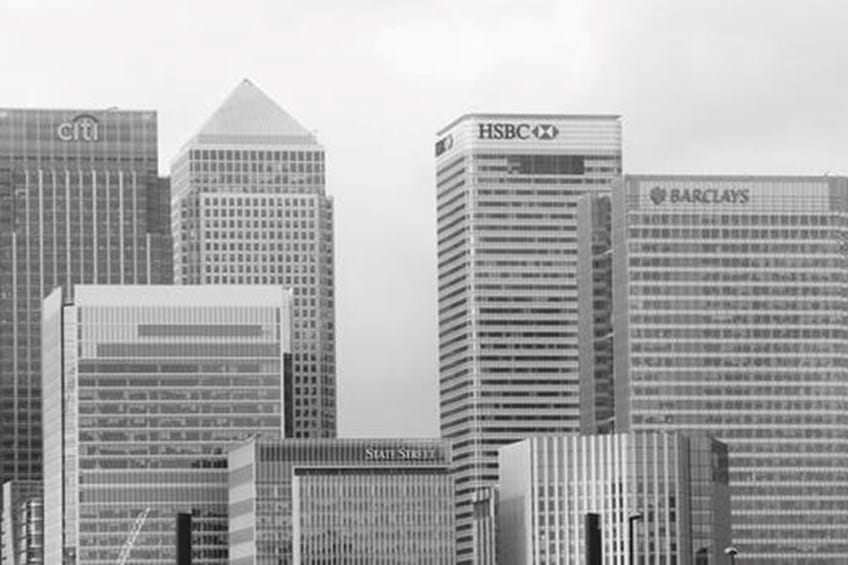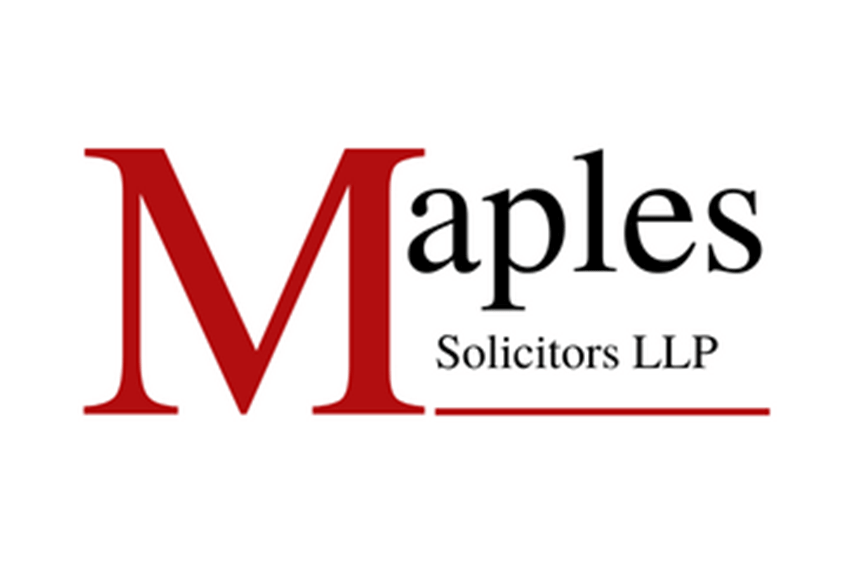The long awaited Judgment from The Supreme Court on Overdraft Charges of banks arrived on 25th November. Unfortunately the Court ruled that the Office of Fair Trading (OFT) does not have the powers that it thought it had to scrutinise the fairness of bank charges.
In explaining his ruling, The Supreme Court’s President Lord Phillips said that bank customers agreed to pay overdraft charges as part of the price of having a current account, so they fell outside the scope of the protection of the 1999 Consumer Contract Regulations.
However the OFT has vowed to fight on despite its disappointment with the Judgment. It is thought that the OFT could still try to scrutinise bank charges in other ways, perhaps by way of a full Competition Commission enquiry.
The OFT said that it would make another announcement in December and hopefully more will be known at that point as to whether or not the OFT will fight on with the cause for consumers.
Grant Shackleston commented on the ruling as follows:-
“This is obviously an extremely disappointing result for all the consumers who have been waiting a number of years to see whether or not their bank charges are unfair. Although the banks have clearly won on this occasion, it has become clear that the banks have not been thinking enough about their customers. Hopefully this case will concentrate the banks’ minds on the welfare of their customers and lead to a review or changes in their bank charges.”
The banks must now start processing all the complaints that had been put on hold for the past two and a half years whilst this Judgment was awaited. The British Banker’s Association has said that the banks will deal with the complaints “in an orderly fashion”.
It has however thought that these claims are now at an end. It is believed that the likely outcome of the stayed cases is that they will now be struck out and there will be no chance of a refund for the consumer.
Some consumers have been fortunate enough in obtaining refunds prior to this Judgment. It is felt that these payments were likely to have been made as “goodwill gestures”. If so this means that the consumer will be allowed to keep these repayments and will not need to repay the bank.
If you do go overdrawn without the permission of the bank then this ruling clearly shows that the bank can still charge you a fee and set the level of that fee. Therefore a customer should negotiate in advance with a bank regarding an overdraft facility or an extension thereof.
If you require any advice in light of this ruling then please contact Daven Naghen.




